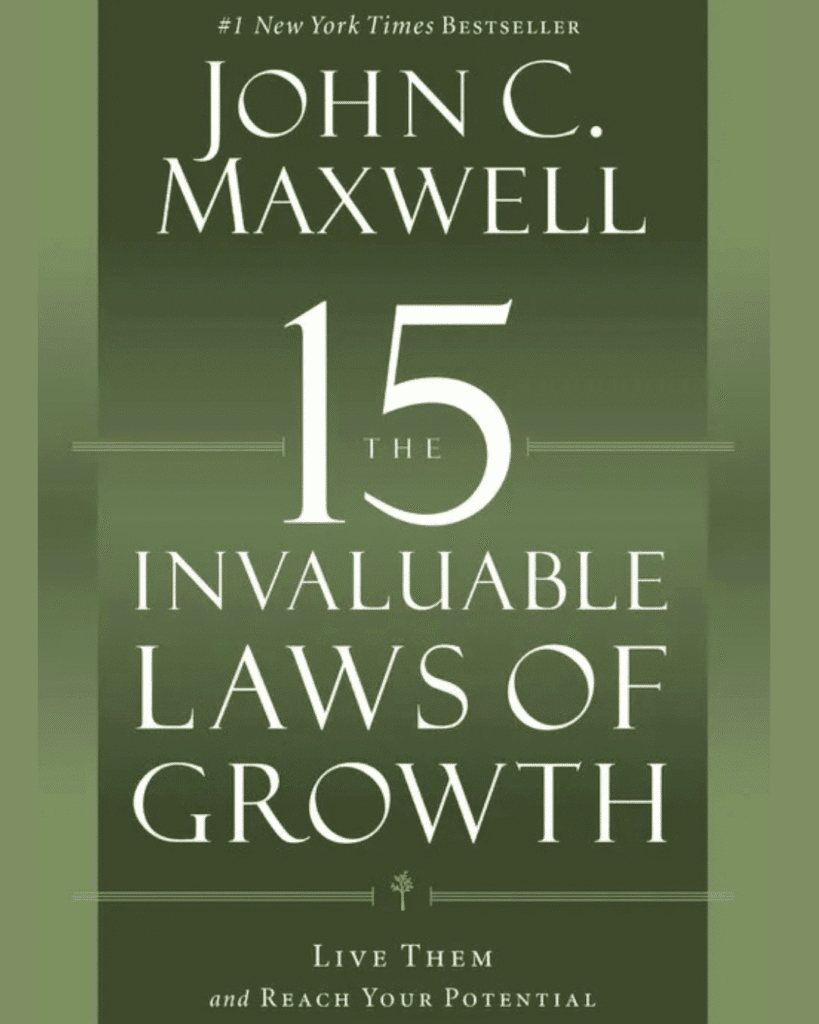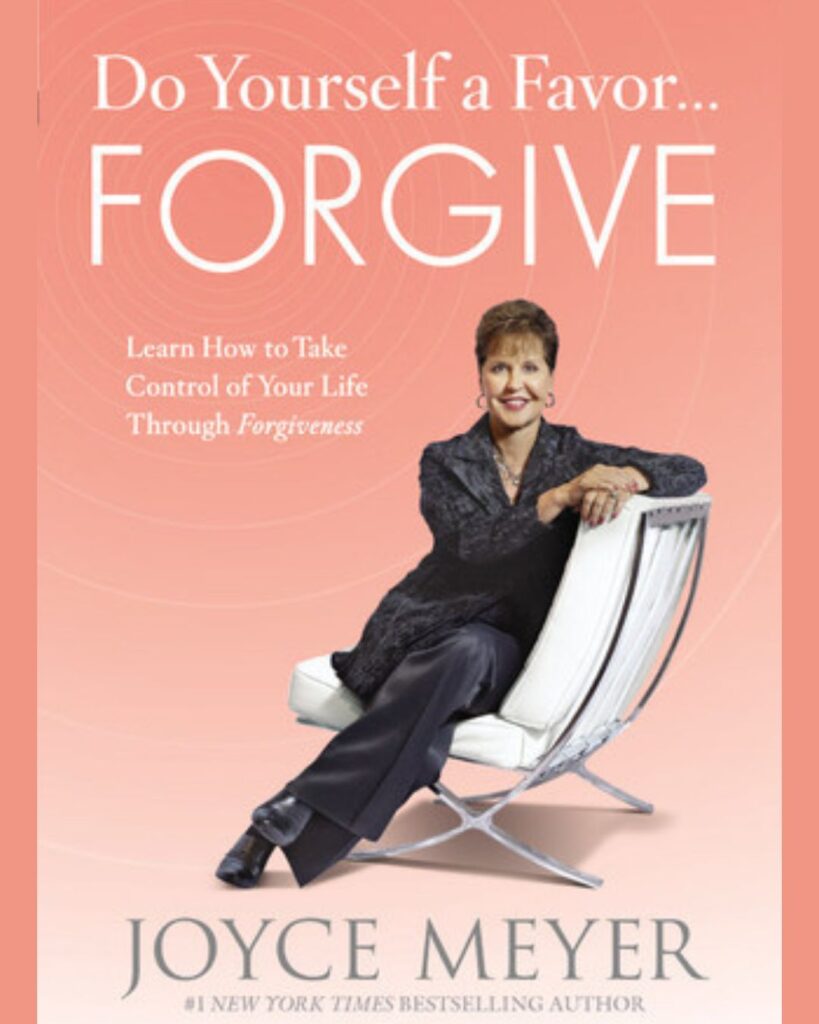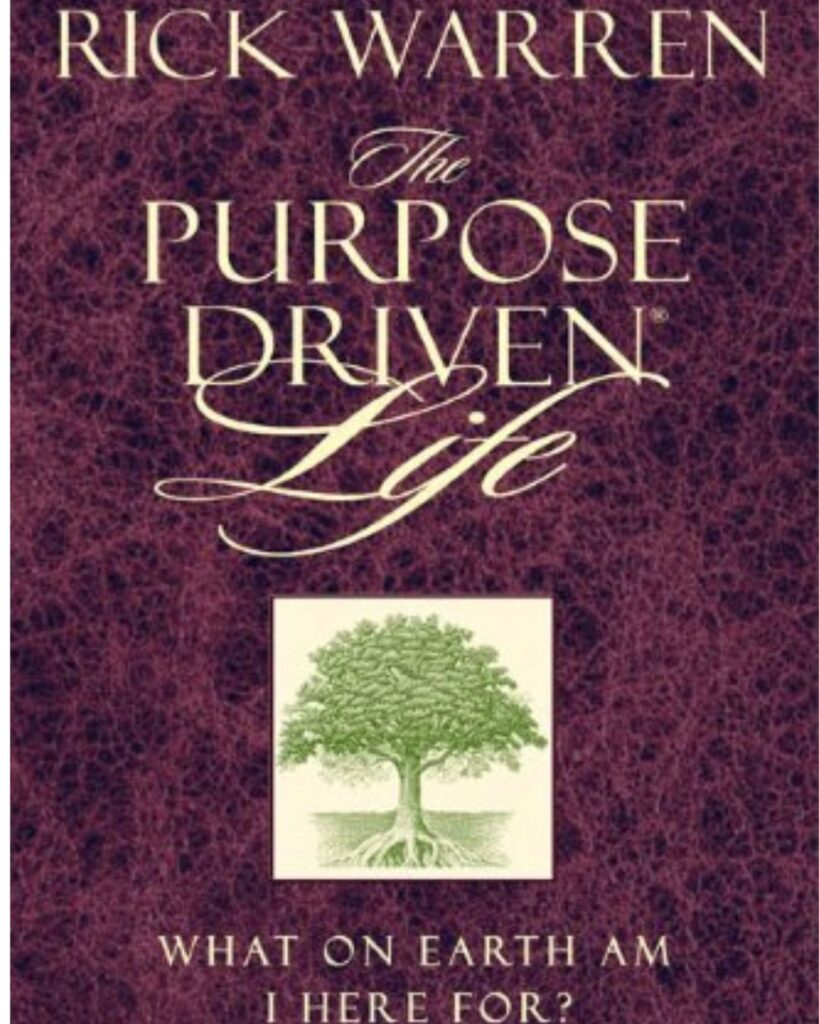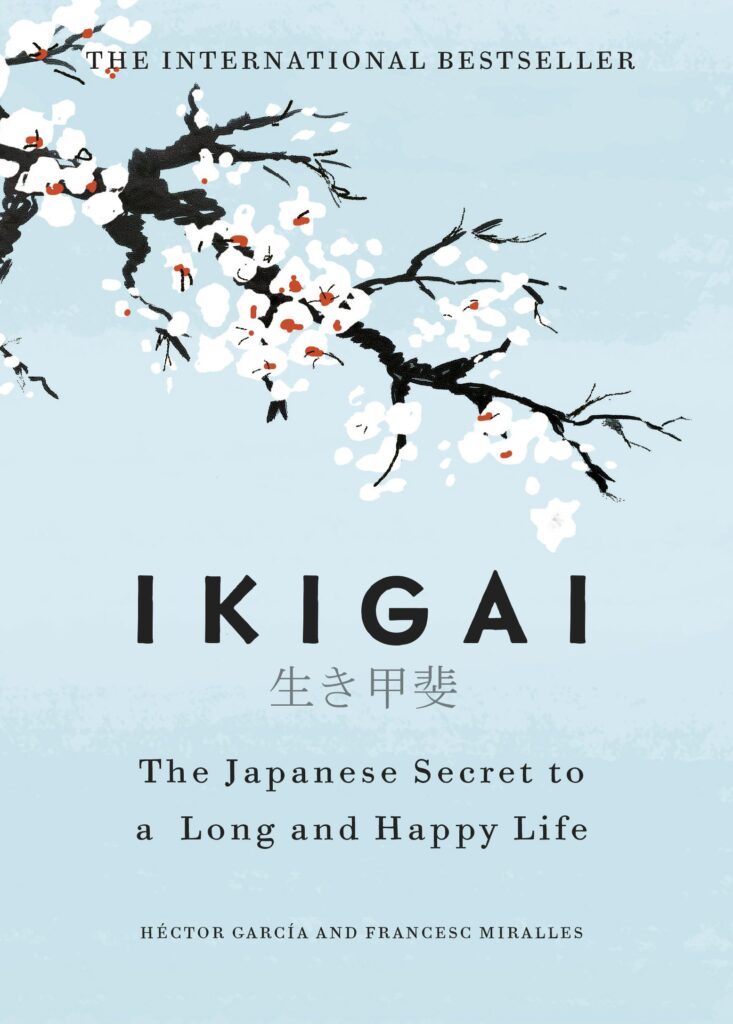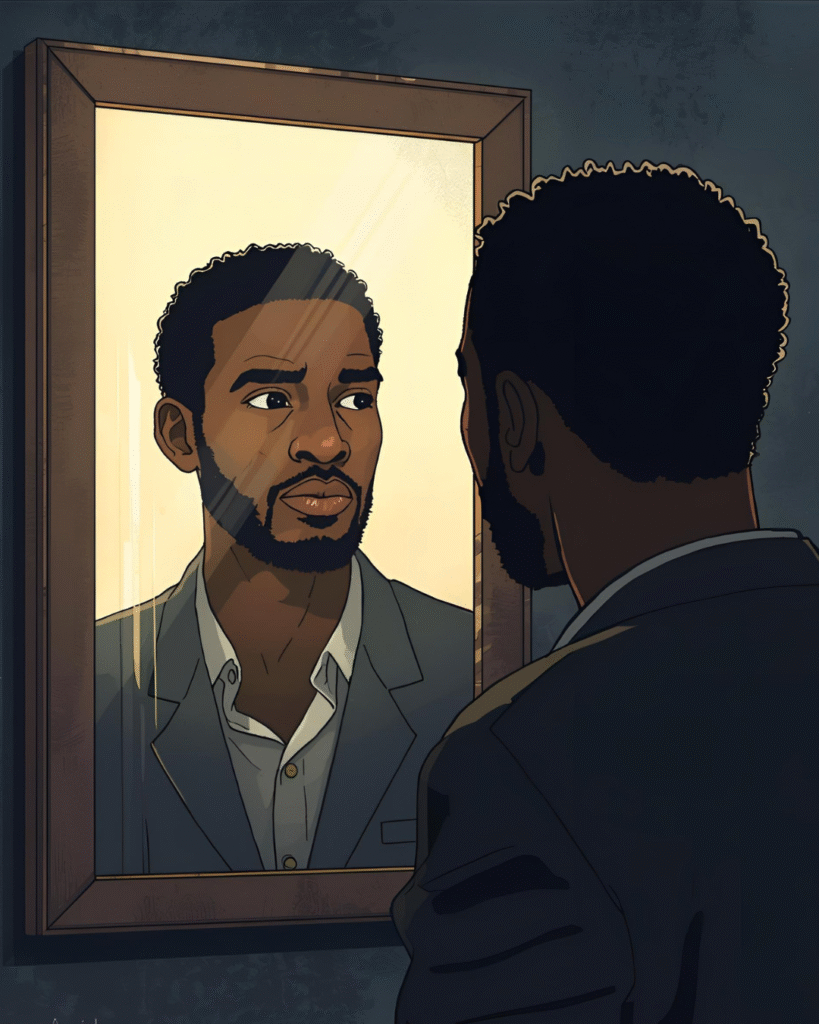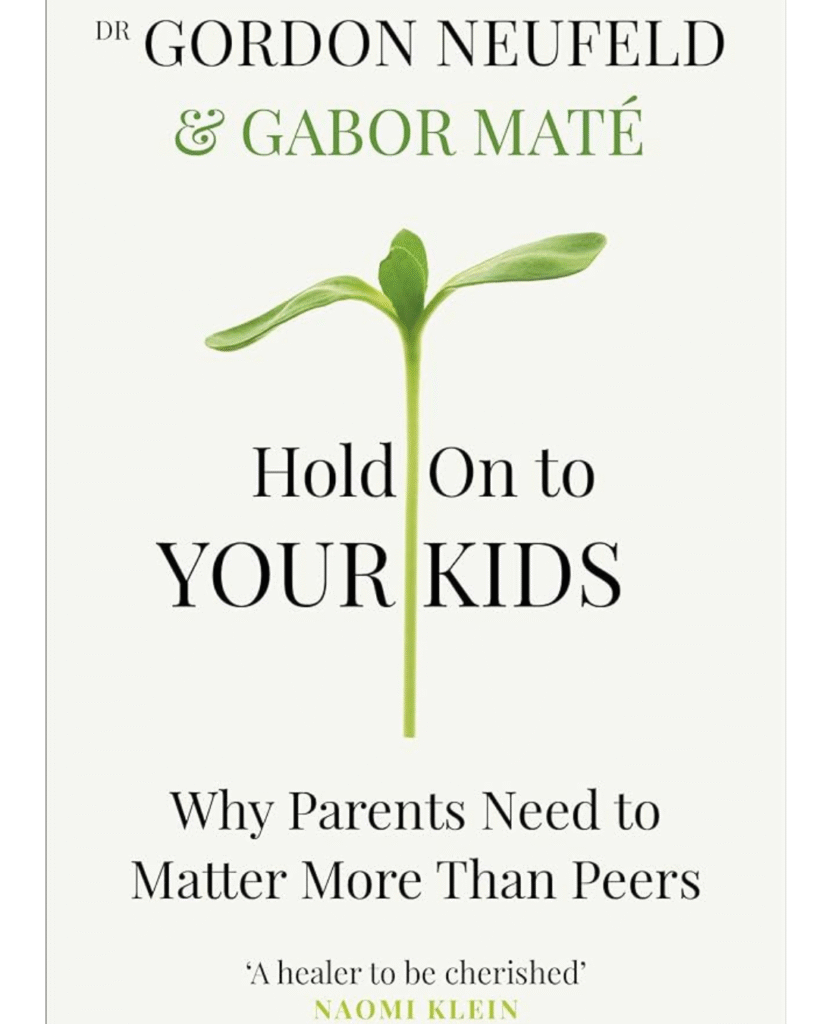The 15 Invaluable Laws of Growth: Unlock Your Potential
A few months ago, during a team meeting, someone admitted she felt completely stuck. She said she had tried everything she knew how to do, but nothing seemed to move her forward anymore. The room went quiet. We all knew that feeling a little too well. Not long after, a friend recommended John C. […]
The 15 Invaluable Laws of Growth: Unlock Your Potential Read More »

